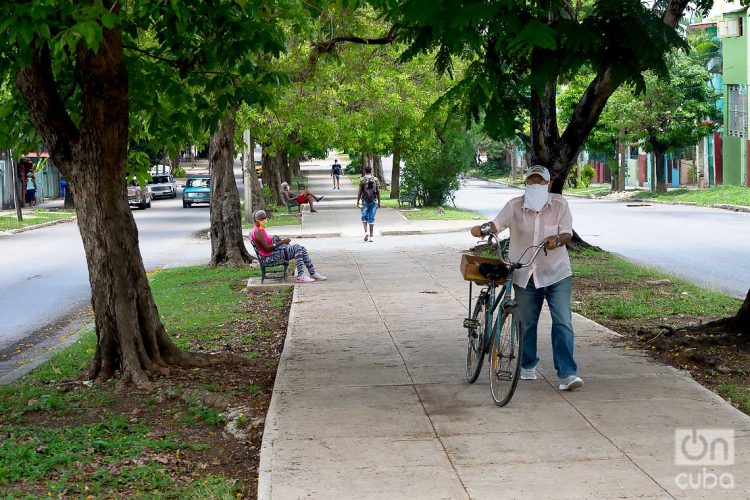Help us keep OnCuba alive here
The appearance at the end of 2019 of a new coronavirus and its rapid spread throughout the world until it became a pandemic, has put the scientific community to work with an intensity rarely observed.
Although currently the main international research is focused on the search for the vaccine, the mass immunization as the only way to stop such a contagious virus, another question arises from a characteristic of the virus, or rather how each person responds to the contagion: Why do some die from COVID-19 and others don’t get to feel the slightest symptom?
The answer may lie in genetics; that’s why Cuba launched a research that takes this factor into account in the response of those who suffered from the disease and those who have already been discharged.
According to the director of the National Center for Medical Genetics, Beatriz Marcheco, the project includes clinical-epidemiological, laboratory, basically hematological, immunological, and DNA studies.
The research began its clinical stage in early June, in the provinces of Pinar del Río, Cienfuegos and Las Tunas, as well as the municipality of La Lisa, in Havana.
The study seeks to find out the blood group and factor of each individual and to study the subpopulations of lymphocytes that participate in the immune response, using flow cytometry and Elisa assays, explained the specialist in an interview with Granma daily.
Cuba studying genetic factors of patients recovered from COVID-19
After taking the blood sample, these are taken to the laboratories of the National Center for Medical Genetics to submit them to the tests related to the study, in which the Immunoassay Center also participates—the Immunoglobulin g test is done there to identify if the person has specific antibodies against the SARS-CoV-2 virus—and the Center for Molecular Immunology.
The results could help scientists to characterize all the factors related to the incidence of the disease, its lethality and clinical and therapeutic approach in each case.
If, for example, an individual is identified as being more vulnerable to symptoms or severity, strategies to prevent such severity could be applied with early therapeutic interventions, Marcheco added.
“By identifying the genetic factors related to clinical severity, we will be taking a significant step at the same time in the objective of developing personalized treatments that respond to individual genetic characteristics, strengthening the implementation of population-based prevention strategies,” she explained.
“The studies we are conducting also allow us to appreciate how each person is recovering individually from a disease that strongly damages the immune system. Therefore, the research project contains actions that are part of the strategy of our health system in the post-COVID-19 stage of each patient,” she said.
The screening also includes the study of a first-degree relative (mother, father, son or daughter, brother or sister) who lives with the positive case and was exposed to the virus, but had no symptoms nor was positive for COVID-19.
The study of these subjects “can be very useful in identifying protective factors against the virus and that is also important in terms of prevention,” the scientist concluded.










